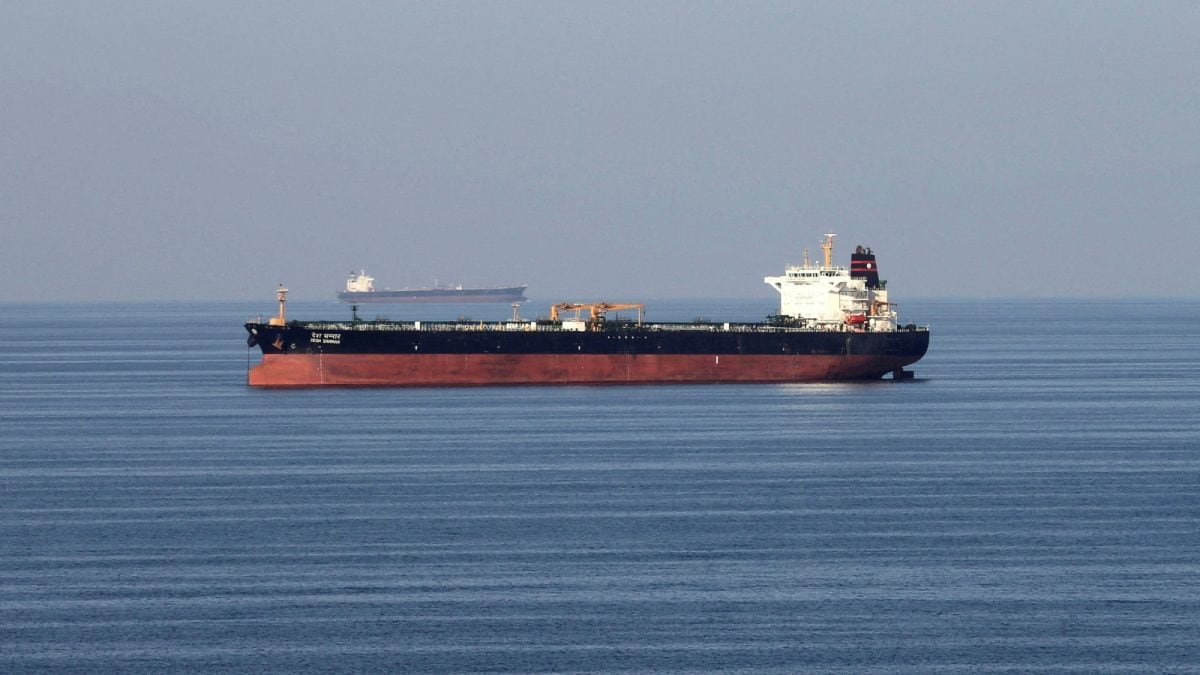Although many airlines have been using the same aircraft for the operations of domestic and international services, two ‘parallel systems of compensation’ — one for the domestic and the other for the international — are at work in the country. For instance, in the event of an accident, compensation to the victims varies depending on whether the flight was international or domestic.
For death or serious injury, international passengers may receive up to 1,13,100 Special Drawing Rights (SDR) (around ₹1.25 crore), while the compensation for the same in the domestic sector is limited to just ₹20 lakh. The SDR is the global currency for airline compensation under the Montreal Convention, valued daily by the IMF based on five major currencies and published as the official exchange rate.
Similarly, baggage claims are capped at 1,131 SDR in international flights, but only ₹20,000 in domestic. For cargo loss or damage, the limit is 19 SDR per kg internationally, compared to just ₹350 per kg on domestic flights.
Equal compensation
Speaking to The Hindu, Biji Eapen, president, Airline Users Rights and Grievances Redressal Forum (AURGRF) which submitted a representation to the Union Minister of Civil Aviation seeking to fix the anomalies in the compensation rules, said equal compensation is the right of all passengers, regardless of route or carrier type. Further, the adoption of the International Civil Aviation Organisation’s (ICAO) revised compensation limits under the Montreal Convention 1999 (MC99), effective 28 December 2024, will address some of the major gaps in the area, he said.
Though the Air Passengers Rights Charter, 2019, was a positive move, the revised Montreal Convention Compensation Limits were not adopted by the country. The 1999 Montreal Convention (MC99), framed by the ICAO and International Air Transport Association (IATA), establishes a uniform global liability standard that applies equally to domestic and international airline operations worldwide.
Under MC99
As per the ICAO’s revised compensation limits under the MC99, death or serious injury will attract a compensation of 151,880 SDR ($2,02,500) followed by 6,303 SDR ($8,400) for passenger delay, 1,519 SDR ($2,000) for baggage loss/damage/delay, and 26 SDR/kg ($35/kg) for cargo loss/damage. In the aftermath of the Ahmedabad plane crash, the Air India and the Tata Group announced ₹1 crore in compensation per victim, along with an interim ₹25 lakh payment. If the revised compensation limit is adopted, the compensation would be around ₹1.72 crore, said Mr. Eapen.
Considering that Indian carriers frequently operate the same aircraft across both the domestic and the international routes and participate in code-sharing with foreign airlines, a unified regulatory framework is essential. Hence, the Union government should be ready to ratify the ICAO’s updated MC99 limits without delay, along with amending the 2019 Air Passengers Rights Rules to reflect international standards, said the representation submitted to the Centre.



.png)
.png)
.png)
















 2 hours ago
3
2 hours ago
3







 English (US) ·
English (US) ·